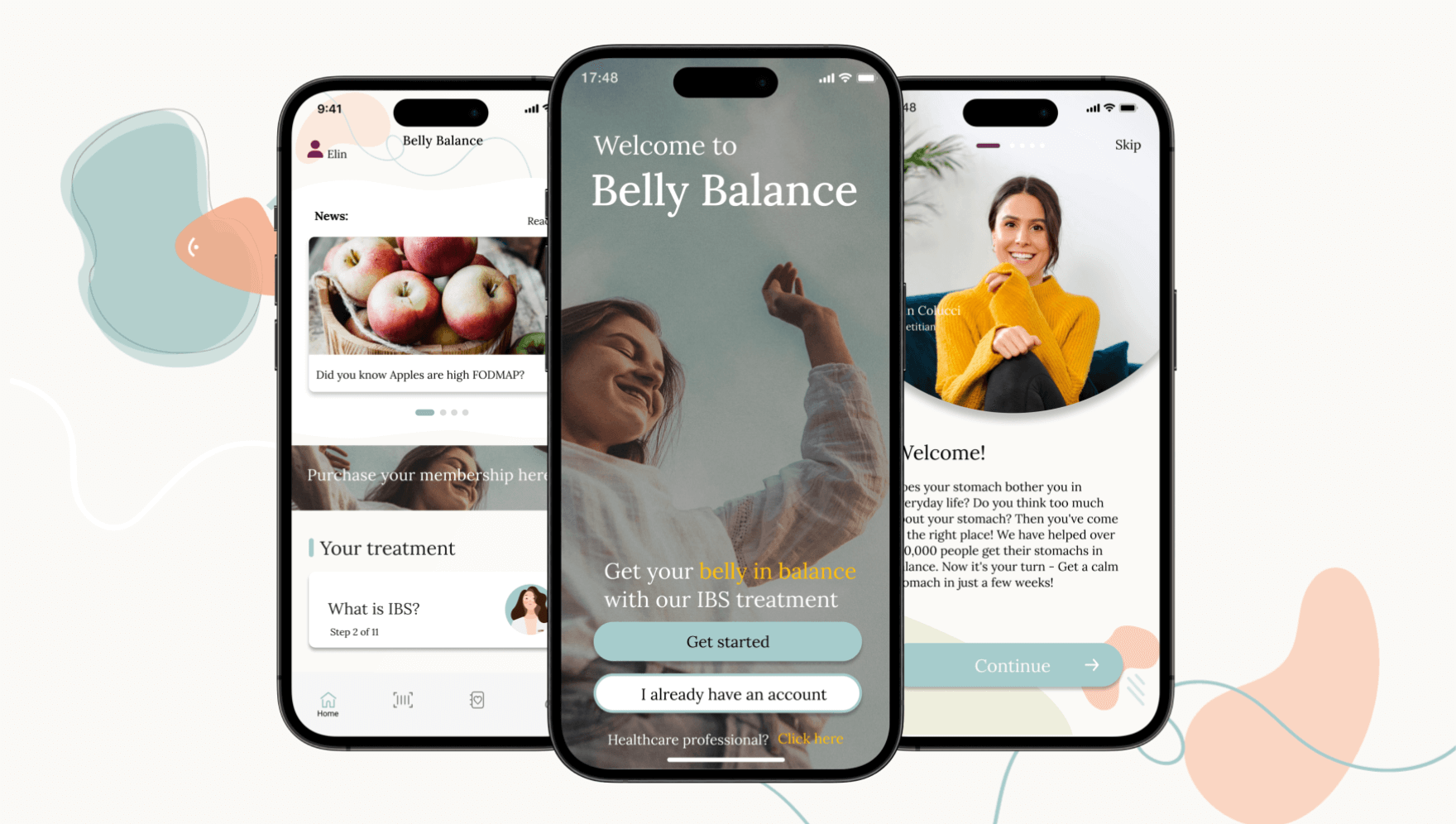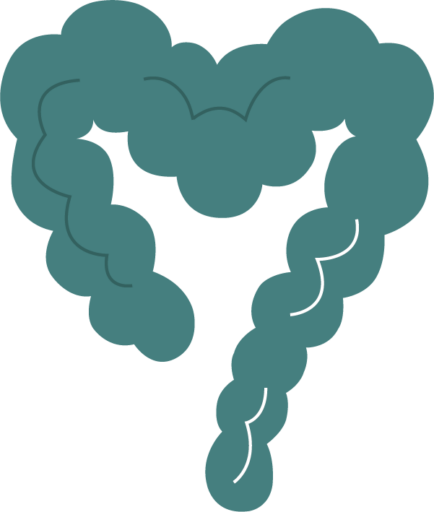
Intestinal pouches
Protruding intestinal pouches in the wall of the colon, known as diverticula, are a common condition that increases with age. About 50% of people over 60 have diverticula, and in most cases, they do not cause significant discomfort.
Causes of intestinal pouches
It is not clear why intestinal pouches form, but the following factors increase the risk:
- Being constipated
- Eating foods low in fiber
- Smoking
- Being overweight
The risk of developing intestinal pouches also increases with age.
Take Control Of Your IBS Today!
Ready to reclaim your life from IBS? Our app provides the tools and guidance you need to manage IBS effectively.
Download the appSymptoms of intestinal pouches
During a colonoscopy, an examination of the colon with a camera, intestinal pouches or diverticula can be found. If the diverticula are numerous, the condition is called diverticulosis, and if they become inflamed, it is called diverticulitis.
A few diverticula may not cause any symptoms at all, while for others, they can lead to recurring infections with fever and pain that require antibiotics and bowel rest, often involving IV fluids or a liquid diet. The foundation of diverticulitis treatment is bowel rest.
In cases of very mild diverticulitis, in consultation with a doctor or dietitian, it may be possible to treat the diverticula with a liquid diet for a short period, followed by a gradual return to normal-consistency foods. After recovery, it is important to maintain a diet rich in fruit and vegetable fibers, exercise regularly, and use bulking agents if needed.
Diverticula and IBS
Intestinal pouches can cause symptoms like bloating, pain, gas, and constipation—similar to the symptoms of IBS. This makes it easy to confuse the two conditions, and it’s not uncommon to suffer from both diverticula and IBS.
Previously, dietary advice for diverticula recommended avoiding foods with fibers (pineapple, rhubarb), skins (nuts, oranges), and hulls (peas, popcorn). Today, it’s believed there is no scientific evidence that these need to be avoided in cases of diverticula. The most important thing is to keep the bowels moving and avoid constipation. Therefore, a fiber-rich diet, exercise, and hydration are crucial factors to focus on.
To reduce symptoms of bloating, gas, and pain, following the FODMAP diet can be helpful, as it benefits 75% of those with these symptoms.
Sofia Antonsson
Reg. Dietitian, Belly Balance
Read more about

IBS - What is it?
Bloated , constipated or having a gassy stomach? IBS or Irritable Bowel Syndrome is a functional gastrointestinal disorder, meaning no physical issues can be found in the stomach or intestines; they just don’t function quite as they should.

How the app works
Download the app and become part of our community. We assist you in achieving a calm and happy stomach through treatment and tools available directly in the app.

About FODMAP
By learning which foods upset your stomach, you can make conscious choices and get quick symptom relief. With the low FODMAP diet, you receive structured assistance in understanding which foods your body tolerates better than others. No more guessing and pondering – you get the answer straight away!

